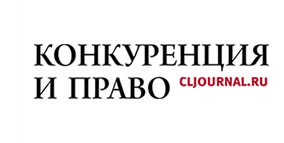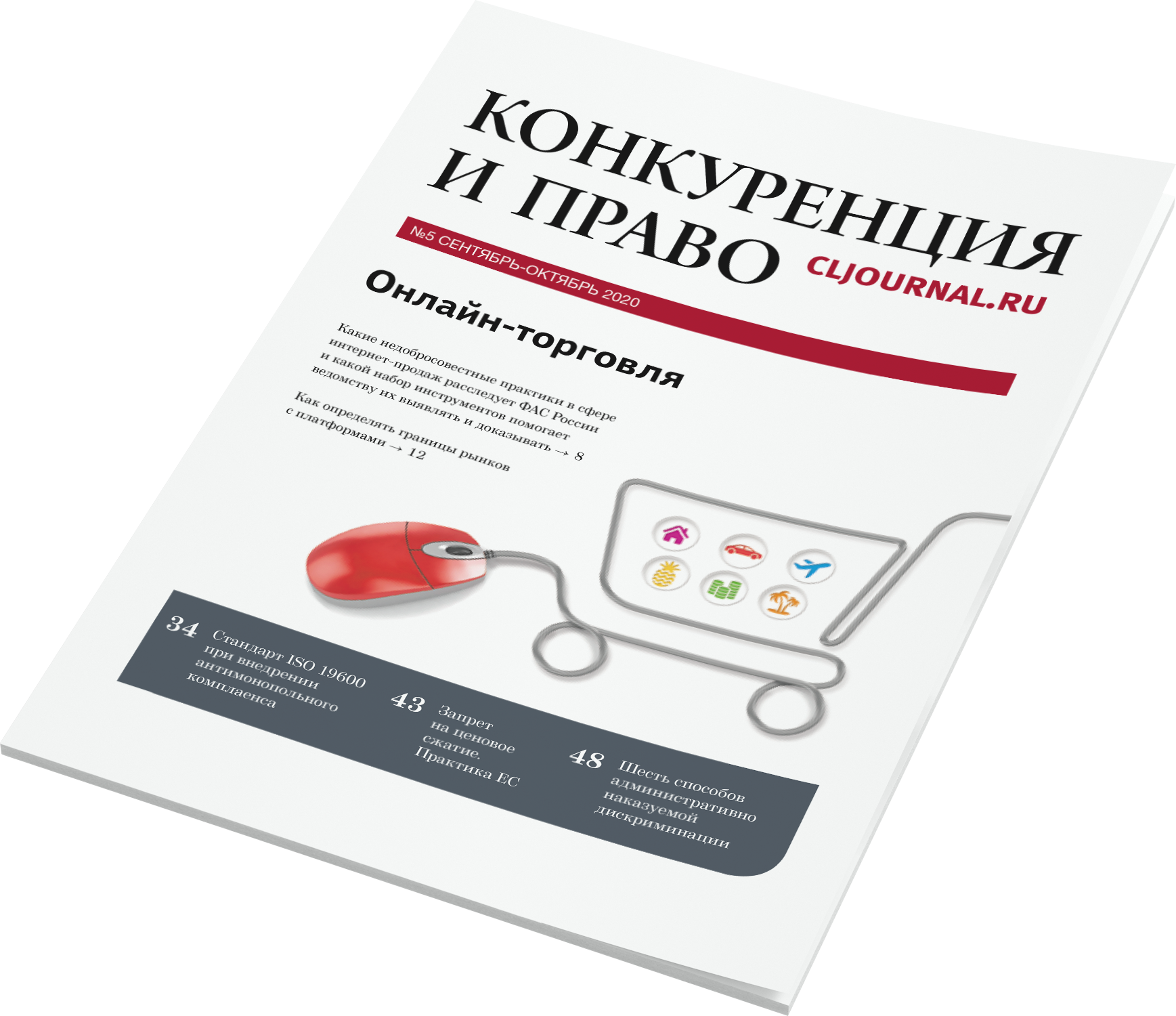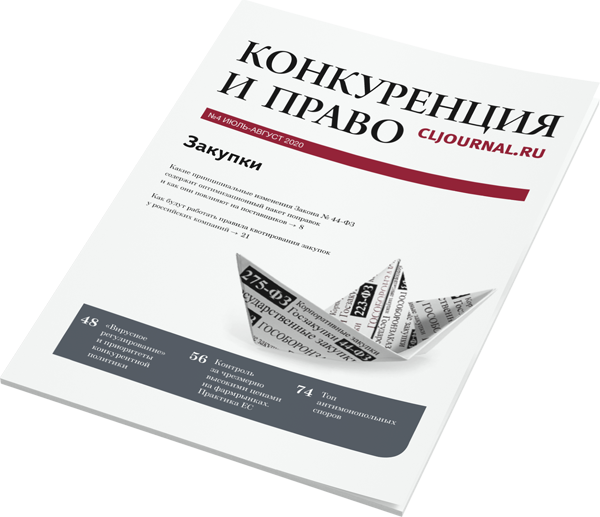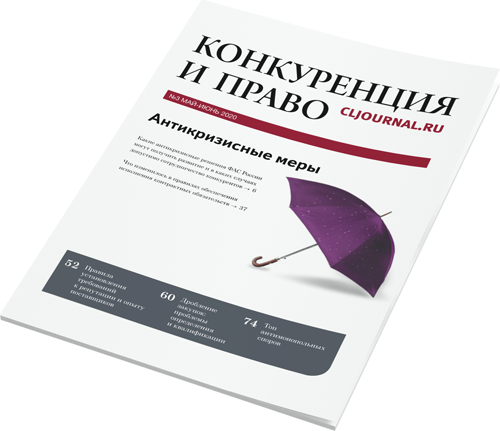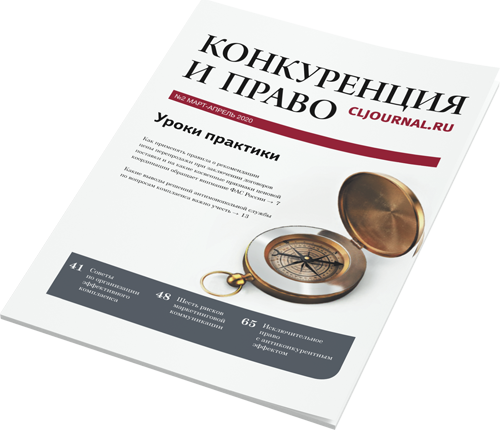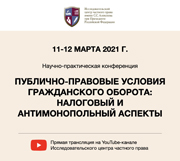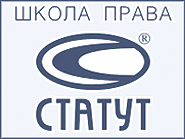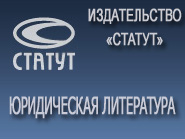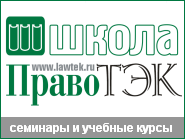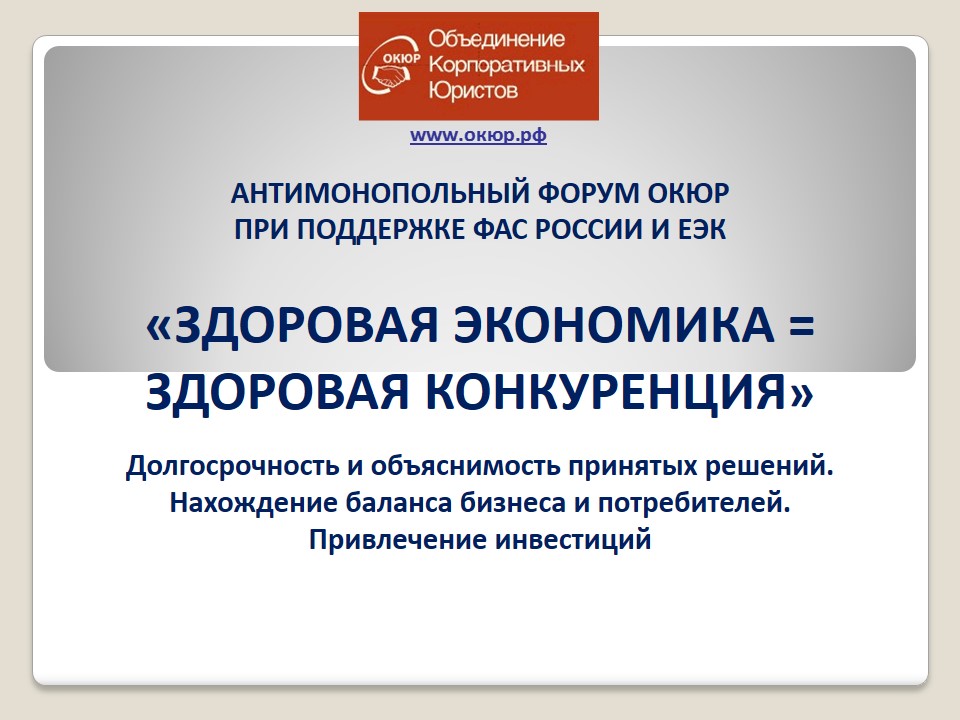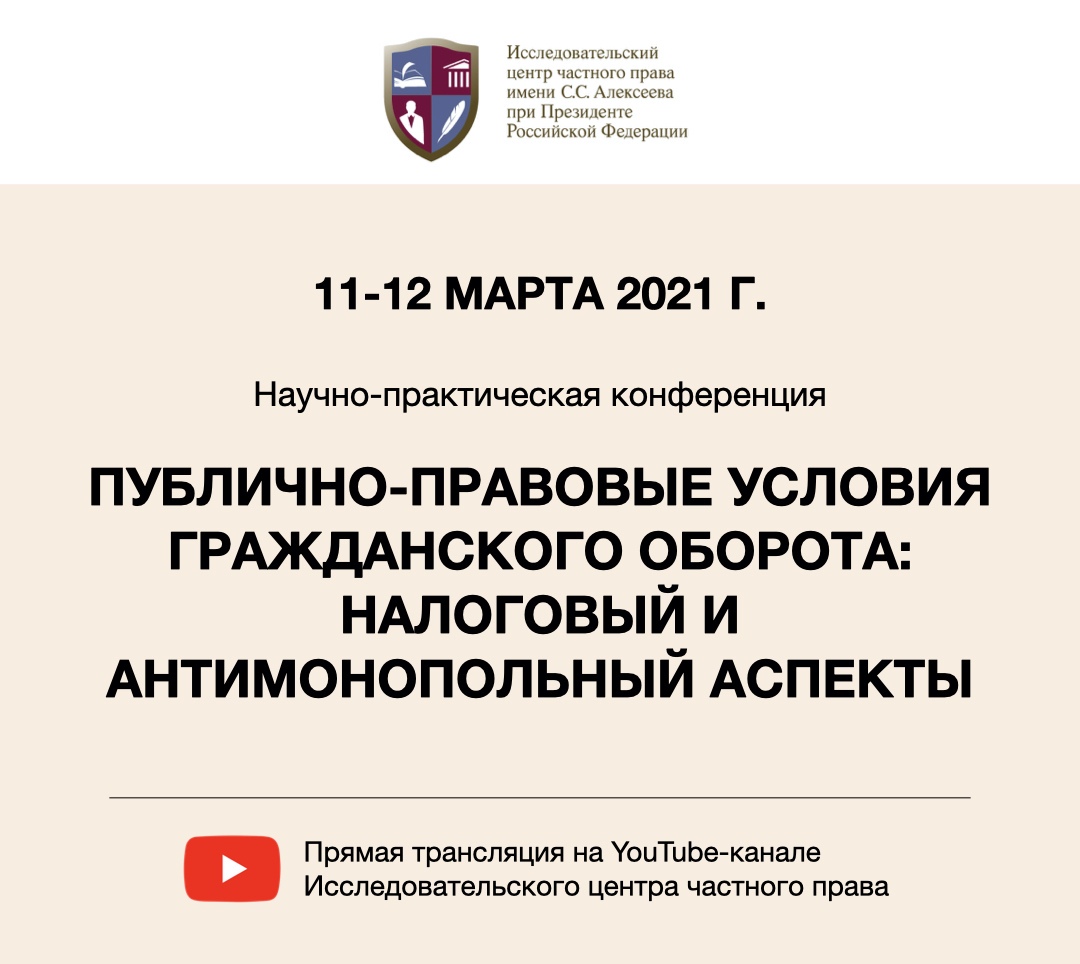|
||||||
 Pepeliaev Group informs you about the possible changes in the area of antimonopoly compliance. Public consultation of the draft law “On amending the Federal Law “On protection of competition” and the Russian Code of Administrative Offences”1 (the “Draft Law”) has ended on 27 July 2016. The Draft Law was developed by experts of the Russian Federal Antimonopoly Service (the “FAS”). It prescribes the concept and the basic elements of an antimonopoly compliance system. We advise of the key developments and possible consequences for the market if this Draft Law is adopted. The concept of antimonopoly compliance It is planned to provide for a definition of antimonopoly compliance and of its basic elements in Federal Law No. 135-FZ “On protection of competition” (the “Law”). It is proposed that antimonopoly compliance should be understood as an internal system for ensuring compliance with the requirements of antimonopoly legislation, in other words, a combination of legal and organisational measures provided for by an internal document that are aimed at adhering to the requirements of antimonopoly legislation and preventing violations of it. PG comments: A concept of an antimonopoly compliance system is rather widespread abroad. Moreover, some Russian and foreign companies have already implemented such systems at their own discretion for the purposes of preventing antimonopoly risks. When an antimonopoly compliance system is implemented, internal documents may be adopted at a group level, provided that the requirements set out in such documentation extend to all members of the group. This may ease the problem of implementing compliance systems in large holding structures and groups of companies. Requirements for corporate documents The company should independently develop and regulate the details of its antimonopoly compliance, taking into account the specific features of its business and of its internal structural organisation. The Draft Law also establishes certain obligatory elements of antimonopoly compliance for which business entities’ internal documents should provide. These include:
In addition to the obligatory elements of an antimonopoly compliance system, the company may set other requirements for the system for preventing antimonopoly risks. The Draft Law provides that the document or documents which regulate antimonopoly compliance should be published on the company’s website. PG comments: In order to develop their antimonopoly compliance systems correctly, businesses will need more detailed explanations of the composition and special aspects of these obligatory elements. Such explanations could be provided in the guidelines or clarifications of the FAS to indicate how these elements should be implemented. Additionally, an antimonopoly compliance system can function effectively only if the criteria that make it effective are clear and available to business entities. Such criteria will be of great significance, because when the FAS initiates and examines a case regarding a violation of antimonopoly legislation, it will have to assess whether the business entity has an internal system for preventing antimonopoly violations and whether this system is effective. Companies need to understand what criteria will the antimonopoly authority use as a basis when it assesses compliance systems. We expect that criteria for the effectiveness of an antimonopoly compliance system will also find their way into clarifications, guidelines or other documents of the FAS. What are the possible benefits of creating an antimonopoly compliance system? The Draft Law contains certain incentives that should motivate companies to introduce antimonopoly compliance systems. In particular, it provides that amendments will be made to the Russian Code of Administrative Offences (the “CAO”) which will essentially mean that if a company had implemented a functioning system for preventing violations of antimonopoly legislation before it committed a violation of this kind, this will serve as a ground for administrative liability to be mitigated. For example, an administrative fine can be reduced by 1/8 of the difference between the highest and the lowest possible rates of the fine that are established for such administrative offence. PG comments: If the Draft Law is adopted, antimonopoly compliance will be a mitigating circumstance that is stipulated directly in the law, thus it seems safe to assume that it is very likely to be taken into account in cases on violations of antimonopoly legislation. At the same time, the Draft Law establishes directly that the company bears the burden of proving that an antimonopoly compliance system has been organised and is functioning. Therefore, in order to use the incentive mechanisms, companies should have a base of necessary information and internal documents that would be sufficient to confirm that the system for preventing antimonopoly risks has been implemented. They should also meet other compulsory requirements provided for by the Draft Law. At the same time, the question remains open whether a full exemption from administrative liability is possible, provided that the business entity has undertaken everything that was in its power to comply with legislation and prevent the offence (article 2.1(2) of the CAO) which resulted, among other things, from a company employee’s conscious non-performance of this system’s requirements (an act of the offender that involved him/her exceeding his/her authority). We believe that simple mitigation of liability would not be sufficient to incentivise companies to implement expensive antimonopoly compliance systems that are really effective. Obligation to introduce an antimonopoly compliance system According to the Draft Law, certain organisations will be obliged to implement a system for the prevention of antimonopoly risks, rather than simply being able to do so voluntarily. These organisations include:
The current version of the Draft Law imposes on these organisations an obligation to develop and adopt internal documents in order to organise an internal system for ensuring that they conform to the requirements of antimonopoly legislation. According to the Draft Law such obligation should be fulfilled before 1 January 2017. If this timeframe remains in the final version of the amendments to the Law and if they are accepted, this would entail a need for such entities to urgently develop and implement an antimonopoly compliance system including the development and adoption of the corresponding internal procedures and documents. The Draft Law proposes to add a new article 14.311 to the CAO which would establish liability for the non-performance of requirements concerning adopting internal documents in order to organise antimonopoly compliance. Even though the amount of liability for such an offence is, according to the Draft Law, not high (the fine for company officials is between RUB 10,000 and RUB 20,000 and for legal entities it is between RUB 30,000 and RUB 50,000), this measure demonstrates harsher regulation with respect to organisations for which the creation of an antimonopoly compliance system is compulsory. What to think about and what to do
1 The text of the Draft Law is available at the public consultations portal. 17 августа 2016 г.
|
|

